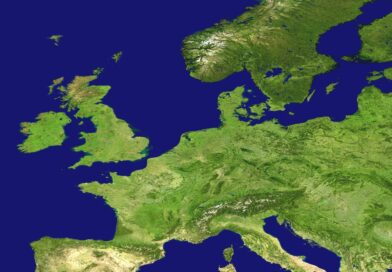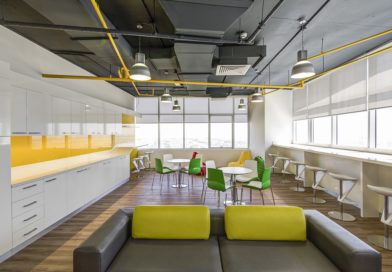Multi-Chanel Retailing Essential for Global Growth
Physical stores remain an integral part of the retail sales mix despite the growth of online retailing, according to the 2011 edition of How Global is the Business of Retail? by leading global real estate adviser CB Richard Ellis (CBRE).
CBRE has undertaken original research in 15 countries across the globe among 320 retailers to assess the current online capability of international retailers, the growth potential of the online sector, and the importance of multi-channel retailing. The research found that although an online platform is now a minimum requirement for retailers seeking international expansion, a physical store is still an integral part of the equation due to the supply-chain difficulties faced by operating via the internet only.
The online capability of retailers is already substantial, with the majority (82%) operating at a minimum an online catalogue that can be browsed. United Kingdom (UK) shoppers spent more than £5bn online in March, representing a 14% jump on the same time last year. Compared to the previous month, February 2011, sales were up by 5%, as consumers spent an average of £82 each.
Due to the nature of the internet, and the fact that it crosses national borders seamlessly, there is little difference by country in terms of a consumer’s ability to view a retailer’s online catalogue – ranging from 75% in Australia to 90% in the UK. However, consumers can purchase and take delivery of goods from only a quarter (26%) of retailers. The UK has the highest proportion of retailers (44%) that deliver goods bought online, followed by Germany (41%), US (39%), France (38%), and Spain (37%).
Peter Gold, Head of EMEA Cross Border Retail, CB Richard Ellis, commented: “The presence of a physical store makes it easier for a retailer to operate an online platform. Not only is the store a place for buying or viewing a product, it is also the location where consumers go to pick-up goods that have been bought online. However, while those with a physical presence are more likely to have an online transactional capability, some retailers such as Top Shop in the US or Next in Germany began trading in those markets using internet only and J. Crew recently announced they would be coming to the UK this year – but just with online.
“There is no doubt that e-commerce presents an important sales channel for retailers as it hugely increases a consumer’s awareness of brands and the choice of products available to them; however, retailers are still concerned about how to capture the essence of their brand and whether the internet represents incremental or cannibalised sales. The effective distribution of goods bought online also remains a key challenge; therefore, the extent to which e-commerce will change the fundamentals of retailing remain to be seen.”
Value & Denim retailers (43%) are the most likely to operate a delivery website, largely due to a low price offer and the ability to provide further discounts for online purchases across a range of markets and consumer types. Mid-Range fashion (26%) and Luxury & Business Fashion (32%) retailers are also likely to operate a delivery website, although these figures are relatively low and suggest that significant opportunities exist for growth in the online fashion sector. Only 18% of Homeware & Department Store retailers have a delivery platform, and just 9% of Coffee & Restaurants or Supermarkets can deliver online goods. The UK is the exception, with most of its major supermarkets providing an online platform.
































